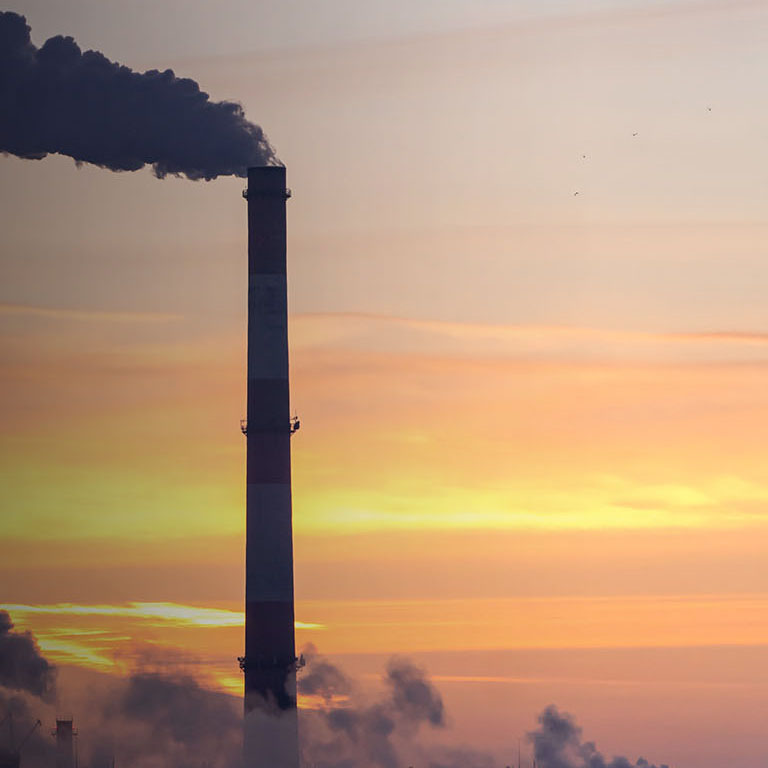Deep dive risk surveys
Marsh Specialty reached a significant milestone in the fourth quarter of 2021 by completing the seventieth risk engineering deep dive survey of the year. Deep dive surveys provide energy and power companies with an in-depth understanding of risk quality in specific technical areas and tailored advice for risk mitigation. The information collected through these surveys allows engineers to identify recurring themes or early warning signs for potential loss incidents. Based on our extensive analysis of operating assets, some of the most prominent themes relate to:
- Weaknesses in piping inspection programs
Piping inspection programs frequently present as a second priority to vessel inspections, even though they account for more than 70% of known industry losses in the past 25 years. The adequacy of remaining-life-assessments is a particular area of concern.
- Deferral of inspections
Inspection deferrals are typically managed in accordance with corporate and/or local regulatory requirements. These vary greatly throughout the world. Too frequently, deferral requests are approved without comprehensive risk mitigation plans in place. However, good engineering and best practice require that a thorough risk assessment, supported by inspection data, must accompany all deferral requests.
Our thought leadership paper Inspection Deferrals in the Downstream Energy Industry offers best practice advice in this key subject area.
- Inadequate validation and interpretation of data
Robust inspection programs rely on effective interpretation and validation of large volumes of data in a structured way, often supported by powerful inspection management software tools. While the value of these tools is not disputed, they should never be considered as a “black box” that removes the necessity for engineers to understand, explain, and validate output data. Our specialist engineers have often seen illogical results, such as negative corrosion rates, go unchallenged.
- Unsafe maintenance on piping systems
Proprietary designs of mechanical connectors are increasingly being used in industry to facilitate cold-work methods of connecting piping systems. The key benefit of cold-work installations is to reduce the number of welding activities on site (and potential ignition sources). These components and related installation methods are often not as well understood as traditional methods of pipe connections, such as flanged assemblies or welding. The recently published EEMUA (Engineering Equipment and Materials Association) 243 report is intended to support technical teams in developing their corporate work instructions and management systems for installing mechanical connectors.
The paper was developed by a team of engineers and specialists, which was founded and chaired by a Marsh Specialty risk engineer.
Sustainability
The focus on climate and sustainability related initiatives has increased markedly over the last 12 months, with underwriters and their risk engineers increasingly interested in improving their understanding of clients’ strategic plans and risk management programs. In the fourth quarter of 2021, Marsh Specialty piloted a number of studies designed to help clients model and evaluate climate-based risks, including catastrophe and chronic weather perils. The results of the work will assist our clients to:
- Understand current and future climate risks to sites and operations.
- Investigate the suitability of current defences and mitigation measures.
- Build resilience through engineering design.
- Provide information to support reporting on climate resilience, sustainability, and ESG.

